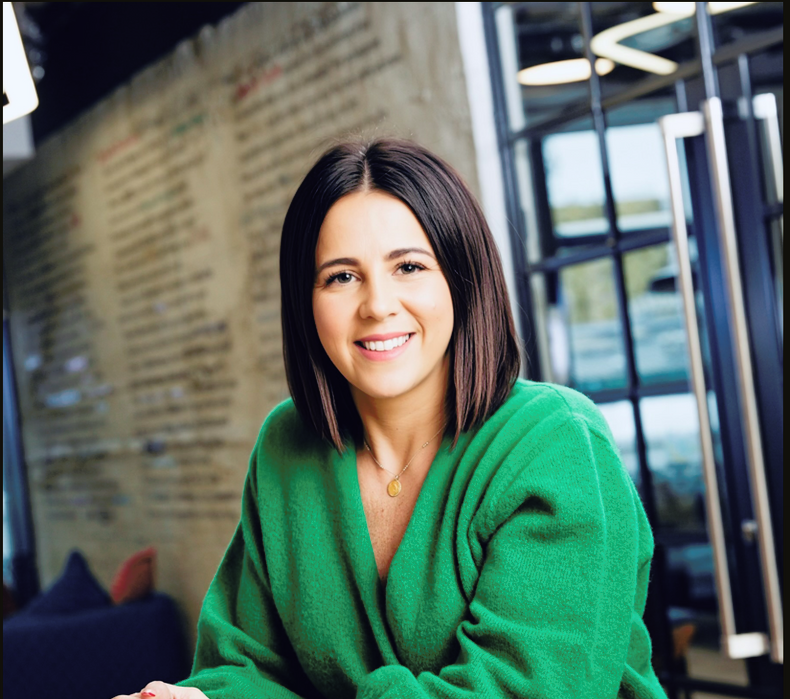The power of mentoring and networks: Katie Taylor on overcoming imposter syndrome

A strong professional network and the support of trusted friends and family are key to how Katie Taylor overcomes imposter syndrome.
The senior marketing manager at PwC shares her inspirational career journey, the challenges she has faced, and her vision for creating a world of unlimited possibilities for women.
What inspired your career or business journey?
My career journey started with me being the first in my family to pursue higher education, earning a BA Hons in Marketing and Event Management.
When I was in my third year of university, I actively sought out opportunities that would allow me to apply my skills and gain real-world experience.
I then spent three years working for a Marketing and Events agency for pharmaceutical companies – this was very fast-paced but also allowed me to pick up so many new skills and identify what I enjoyed most.
Following this, my passion for Marketing led me to work at a national law firm for 13 years, where I honed my expertise and deepened my understanding of the professional services industry.
Now, at PwC UK, my desire is to create meaningful impact, collaboration and conversation within the professional services industry in the region continues.
What’s the biggest challenge you’ve faced as a woman in business, and how did you overcome it?
My biggest challenge has been navigating imposter syndrome.
Overcoming this requires resilience, building a strong professional network, and consistently demonstrating value through results.
I think it is also important to understand that these feelings are common, normal and experienced by so many people!
I found that by sharing my feelings with trusted friends, family, or mentors, they were able to provide perspective, reassurance, and support.
I also found navigating imposter syndrome harder once having children – this isn’t talked about enough.
As a woman, we’re already spinning so many plates, and so we don’t focus on challenging that imposter narrative, we have to remember to be kind to ourselves!
What’s one key piece of advice for women looking to succeed in your industry?
For women aiming to succeed in the professional services industry, my key piece of advice is to cultivate confidence in your abilities and to actively seek opportunities for growth.
Building relationships and finding allies who support gender equality can provide a strong support network.
Finally, continuous learning and adaptability are also crucial in an industry that is always evolving.
How has gender equality in business changed, and what still needs to improve?
Gender equality in business has seen positive strides, with more women in leadership roles and a growing awareness of the need for diverse perspectives.
However, there is still much more work to be done, particularly in achieving equal pay, addressing unconscious biases, and ensuring representation across all levels of an organisation.
This is something I am really passionate about as a mum of two young daughters, aged 4 and 7 – they are my daily inspiration and the driving force behind my commitment to accelerating change for, not just my own future, but theirs too.
I want to contribute to a world where their opportunities are limitless.
How has being part of GBCC supported your business or career?
GBCC provides a great platform for collaboration and knowledge sharing. From a wider support perspective, the Chamber's CEO Henrietta Brealey being a female leader is also inspirational.
This year’s IWD theme is Accelerate Action. Given that gender parity may take until 2158, what does IWD mean to you, and how can we drive faster change?
International Women's Day is a powerful reminder of the work that still needs to be done to achieve gender parity.
To drive faster change, it is crucial to approach gender equality as a collective effort that involves everyone and challenging the status quo where necessary.
By fostering an environment where women can thrive and by educating the next generation about equality, we can collectively accelerate the pace of change.



